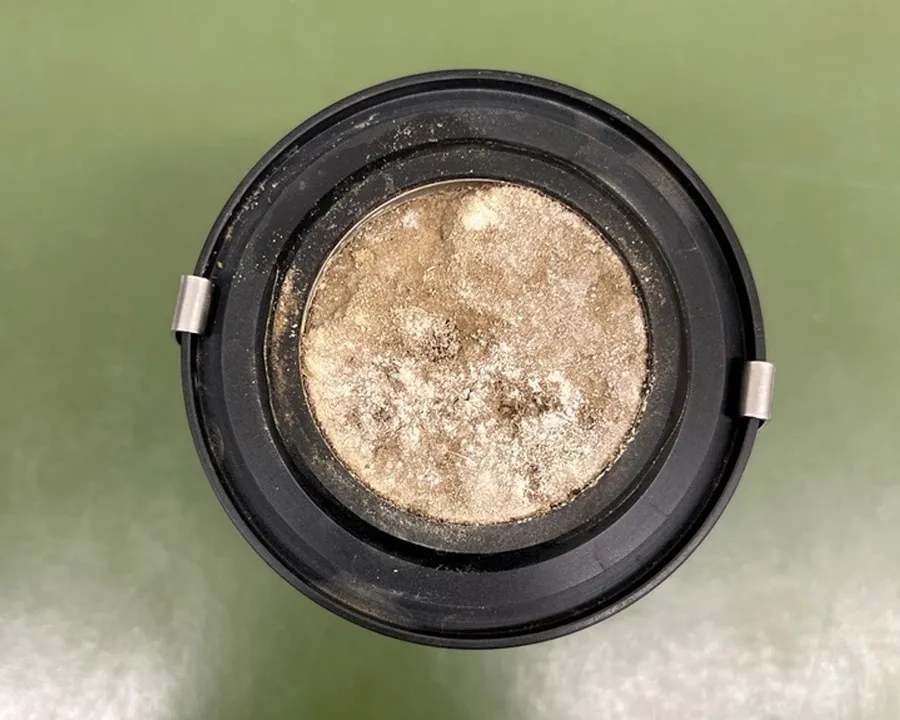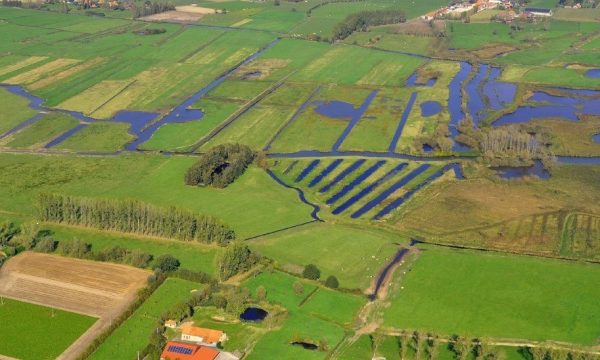Blog | In the media Purified wastewater for irrigation: an ounce of prevention is worth a pound of cure
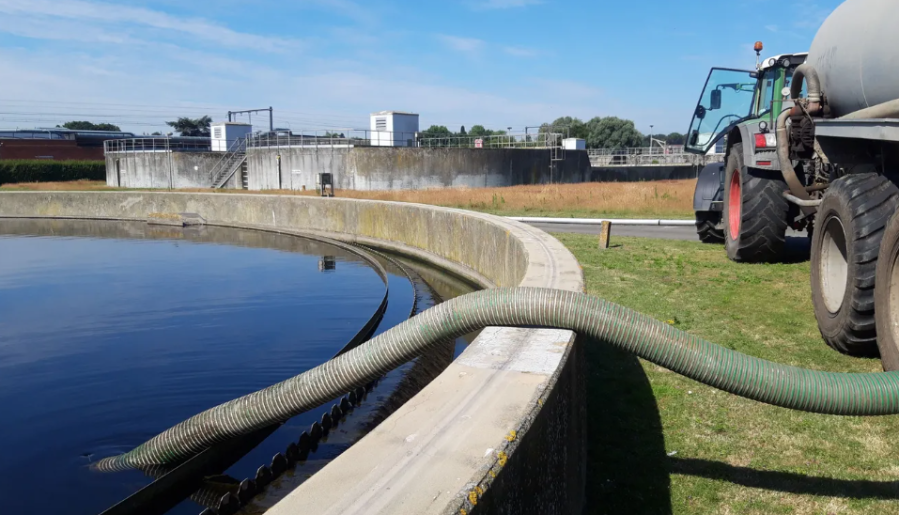
We have to watch out for the accumulation of salts and other harmful substances in the soil. These are not only bad for plants and for our health, but in the long run, in the absence of proper management, can damage the soil itself.
In June 2022, Aquafin suddenly stopped making treated wastewater from sewage treatment plants available to farmers. In 2023, The Water Reuse Regulation, a new EU regulation, came into force. This sought to promote sustainable circular water use in agriculture by clarifying the quality requirements such water must meet. A limited sample in '22-'23 in Flanders showed that for many sewage treatment plants, PFAS levels and fecal bacteria were higher than the threshold value from the European regulation. Indeed, PFAS are not actively removed from the water by current treatment techniques. In addition to micropollutants, many questions remain about the effects of other, less spectacular constituents of treated wastewater when they accumulate in soil: salts and organic matter.
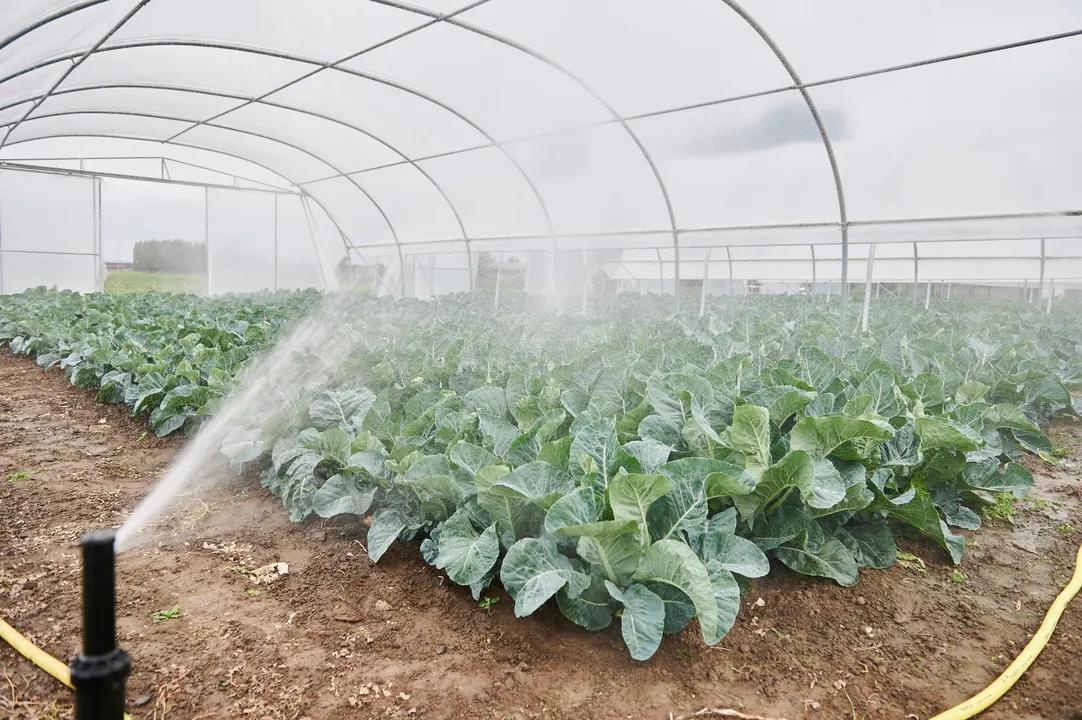
The use of treated wastewater has long been widely practiced elsewhere in the world. This includes not only treated sewage but also water used in industrial processes. Worldwide, treated wastewater is used for irrigation on about 10% of irrigated land. Chile, Mexico, Israel, Egypt and Cyprus are just a few of the many countries where treated wastewater is regularly used, each with their own regulations on its quality. So experience is already available and there must be a lot of plots where the impact of long-term use of this type of water on soil health can be studied and quantified.
Lin Wang, researcher at UGent and ILVO, figured out what we can learn from studies in countries where irrigating with treated wastewater has been going on for some time. After an initial search, she found nearly 400 scientific studies, but it quickly became apparent that the majority of the studies did not delve deeper into long-term effects on soil health or had not been done on real fields. Only about 24 studies studied these aspects. So we still know very little about the impact of this type of water on soil health. More research is needed!The statistical analysis of the selected studies showed that irrigation with treated wastewater always increases the salt and sodium content of the soil. 'This is worrying, because too much salt is harmful to plants and the soil structure itself can also be affected. Soil salinization can have irreversible consequences where the soil becomes choked and unsuitable for agriculture,' Wang said. Of course, salts accumulate less when the water undergoes more treatment steps, the study also shows.
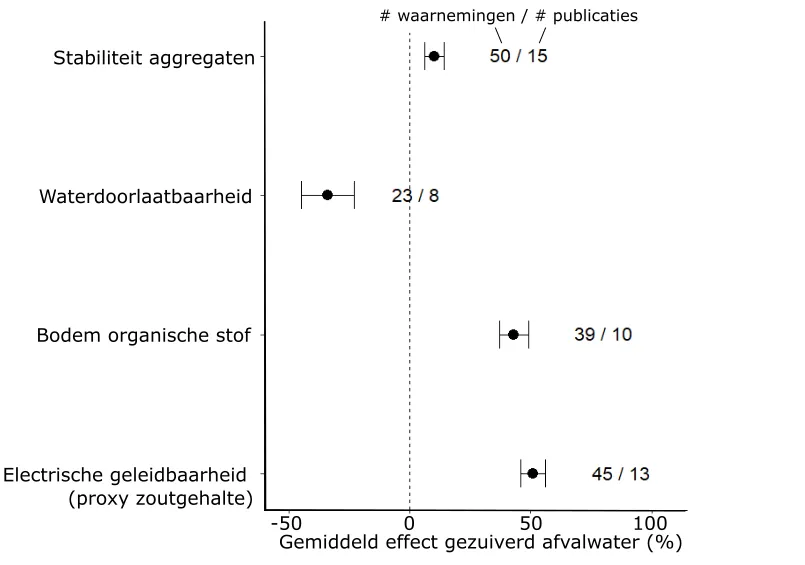
So it is right that our governments are cautious about allowing this kind of water to irrigate fields on a large scale. However, over-regulation is also a danger, because this water source will become increasingly important given climate change, where we will have to deal with drought more often. Every drop counts! There are also many great examples, such as irrigation with the wastewater of frozen vegetable company Ardo. And so we need to look for a sustainable solution to reuse water more.
